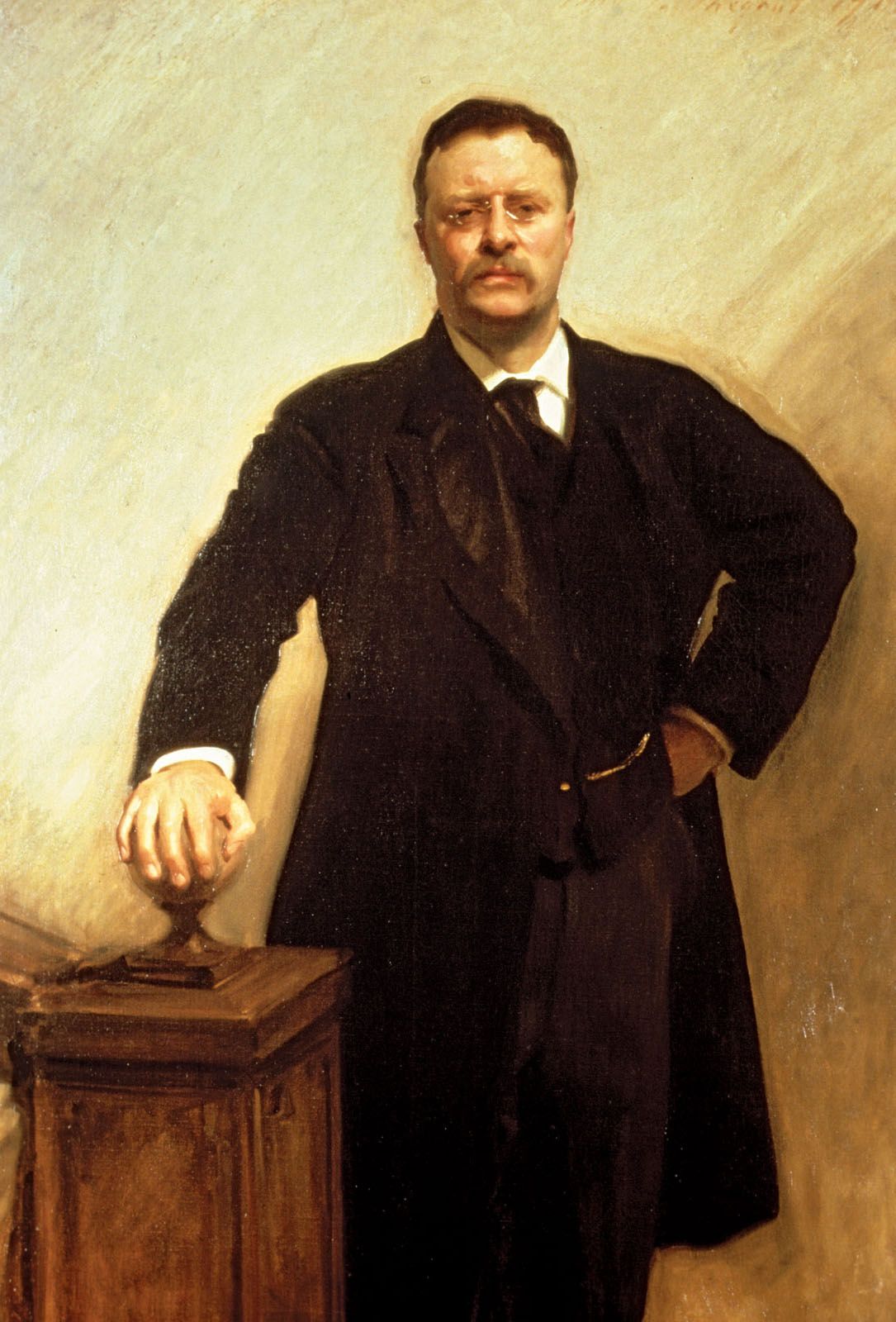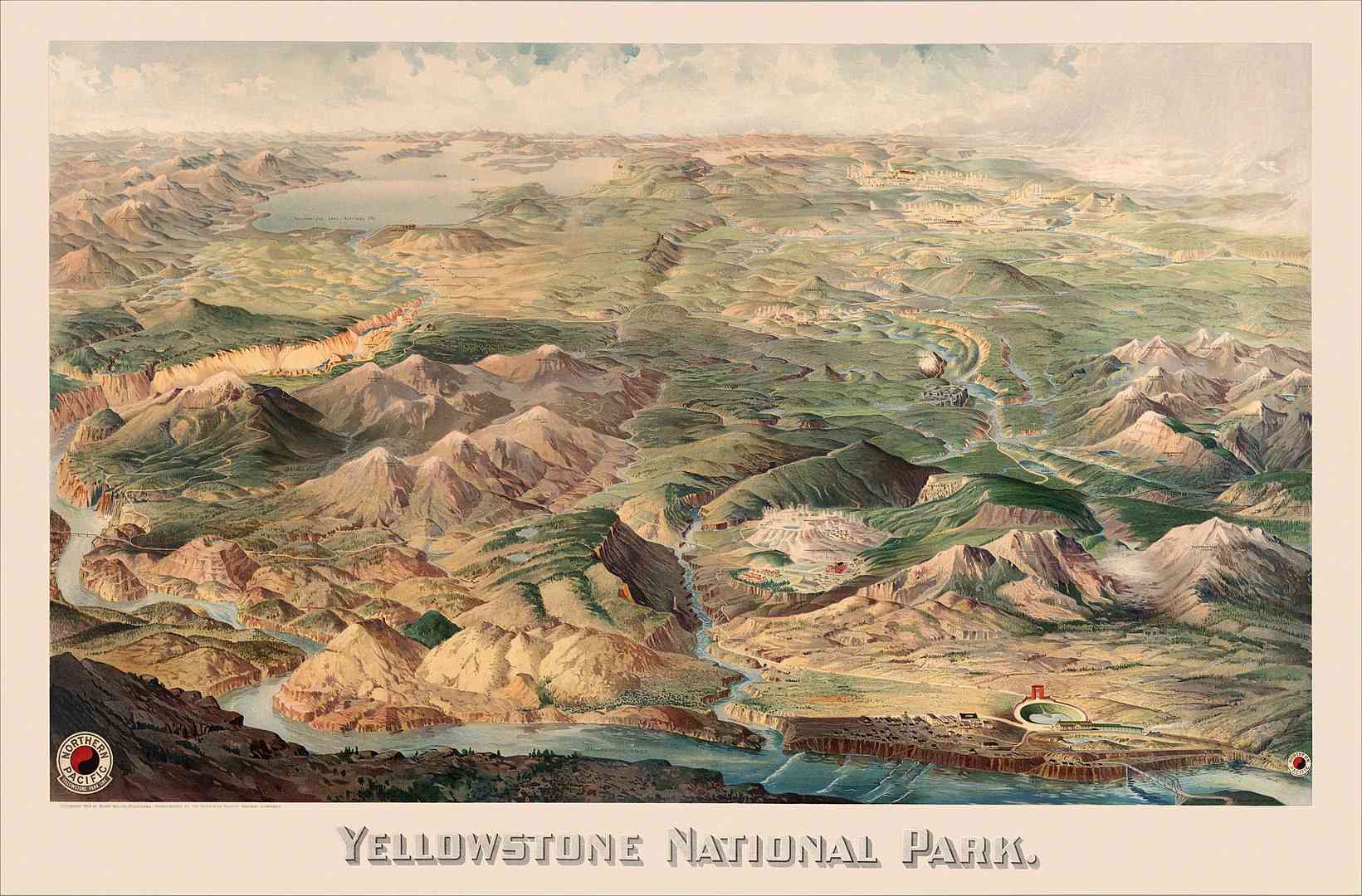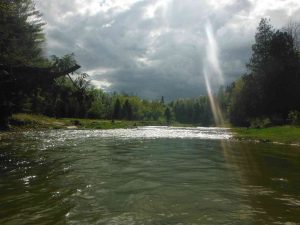But here’s the kicker, the good is deemed worthy of protecting based upon some degree of knowledge of it, an understanding of the utility and value of it. At least, it seems to me, it should be based on such.
Conservatism, according to this, is rooted in identifying things that are believed to be important and then, accordingly, the protection or preservation of those things.
The way that the identification of what is important happens is crucial. It’s the fond to the pan sauce, to borrow something a better chef than me might say. Using a faulty process for this or simply basing it on one’s opinion, which may not be shared by others, is bound to wind up in tension and disagreement. (We’ve all got some weird ideas that set us apart, right? I like to listen to jazz when I’m making dinner but my wife and kids will have nothing to do with it.)
So, the point I’m making is that the process is important in determining the quality of the outcome. And, the quality of the process rests upon the accuracy of the information it uses. Bad information and you wind up with an error riddled outcome – the Windows Vista of reasoning.
To bring this all back to environmentalism, the way we navigate our world as a species is a process of information gathering, analysis, and consequent action. Environmentalism extends this process to the natural world because it is the most basic building block of life, including what we require for our survival as a species.









